Where Innovation Goes Wrong 🤦♂️
Today we continue our series on innovation.
Last week, we talked about the ancient roots of innovation, covering three lessons we can learn from Martin Luther and the 16th century to apply to innovation today:
Innovation starts with purpose
Leverage your context.
Innovation requires collaboration.
I just wrapped up giving a talk at the Christian Leadership Alliance’s Outcomes 2023 conference in Chicago called “Where Innovation Goes Wrong.” Today, I thought I would briefly recap the first of four lessons I shared where innovation can go wrong.
Where Innovation Goes Wrong
Leaders and organizations make four common, avoidable mistakes when innovating for renewal and growth. For many, “innovation” has a bad reputation. It evokes well-intended but ineffective initiatives, frustration, and missed expectations.
Let’s unpack the first of these four misconceptions – myths really – around innovation, the truths behind them, and how to apply each to your leadership and innovation efforts.
Myth: Innovation is about ideas.
Due to its very nature, innovation starts in the realm of ideas. Every innovation starts with someone asking a question. “Could this be better?” or “how could we solve this problem?” Or even better, “I see people have this problem that they don’t even recognize - how can we make their lives better?”
But if you’ve been around for any length of time, you know that ideas aren’t ultimately worth much.
At the same time, there is a corresponding myth that innovation is only about execution. Do do do. Action.
The truth is that innovation is about ideas, activation, AND execution.
This in and of itself is not that surprising. The real trick is how to move from ideas to execution.
Tool: The Six Types of Working Genius
Working Genius is the number one tool I use with my clients to address this myth and get teams unstuck. The model is perfect for giving teams a working model for understanding how they can move from ideas to execution and where the hangups might be for their team composition.
If you aren’t familiar with Working Genius, there are six types of work that we all have to do. Every job involves all of these types of work, but some jobs require more or less of each “genius.”
The six types of Working Genius are:
Wonder
Invention
Discernment
Galvanizing
Enablement
Tenacity
(And yes, they do spell “WIDGET” - handy!)
Working Geniuses
For each individual, two of these six are what we would call our “working geniuses” – they are the things we are really good at, excel at, and love to do.
Working Competencies
Likewise, two of these are our “working competencies” – we might be okay or even good at them, but they don’t get us out of bed in the morning.
Working Frustrations
Finally, two of the six are our “working frustrations” – things we typically don’t excel at or like to do. We run out of steam pretty quickly when we have to do these things for any length of time.
When moving from ideas to execution, each of the working geniuses corresponds to a stage of work, from ideation, to activation, to implementation.
Different geniuses are instrumental to implementing innovation throughout different stages of work, from ideation to activation to implementation.
When you know what your working geniuses are, and what the working geniuses of your team are, you can start to see the places you might be strong as a team, as well as areas where you might have gaps. You can do all sorts of things once you understand this, and this is one reason I’m a Working Genius Certified Facilitator.
If you want to dive deeper into the subject of Working Genius and how it can help move from ideas to execution, my co-host Carly and I recently released a podcast episode of the Purpose & Profit Podcast called “Working Genius: 6 Ways to Implement and Sustain Innovation.”
Give it a listen if you are interested in learning more. Or check out Working Genius for yourself, if you are interested.
In a couple of weeks, I’ll come back and share other myths that can trip up leaders as they lead innovation today. Stay tuned.
Until next week… Surfs Up! 🌊
- Dave
About the Author | Dave Raley
Consultant, speaker, and writer Dave Raley is the founder of Imago Consulting, a firm that helps non-profits and businesses create profitable growth through sustainable innovation. He’s the author of a weekly trendspotting report called The Wave Report, and the co-founder of the Purpose & Profit Podcast — a show about the ideas at the intersection of nonprofit causes and for-profit brands.
Want to receive insights like this weekly?
Every Friday, we send out The Wave Report, highlighting one trend or insight “wave,” from donor and consumer trends to innovation in different industries or new models for growth.
Subscribe today to receive free weekly insights in your inbox here:

